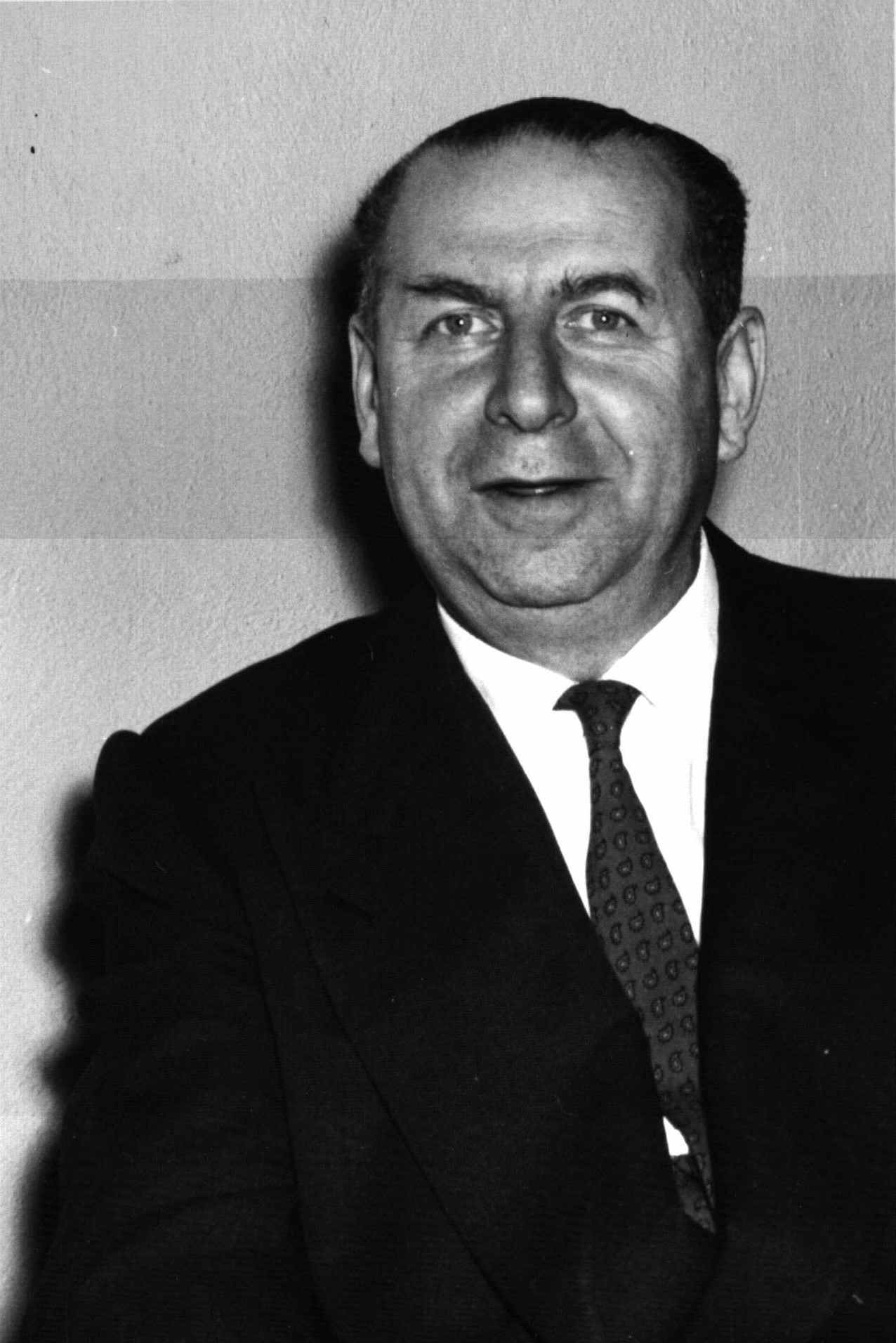

One of modern Turkey's early and leading mathematicians, he was born in İstanbul in 1910. He never really got to know his father, a "Young Turk" who died in exile. Consequently Orhan and his younger brother and sister were raised by their mother in the family home in Üsküdar.
He graduated from the İstanbul Boy's High School in 1929. Upon graduation, he won a State scholarship, and was sent to Germany for his university studies. He received his doctorate from the University of Berlin in 1935.
In a teaching career that spanned forty years, Professor Alisbah taught in major institutions of education both in Turkey and in the United States. Between 1936 and 1943 he was an assistant professor at İstanbul University. During this period he also taught at the İstanbul Technical University. In 1943 he came as professor to the Science Faculty of Ankara University, where he was also the Chairman of the Math Department until 1955.
In 1955, in recognition of his stature and work, he was invited for a year to the Institute for Advanced Studies in Princeton, New Jersey which at that time was the research home of professors Einstein and Oppenheimer, among others. This launched the US phase of his career. He was a Visiting Professor at the University of Pennsylvania 1956-*1960. During this period he also taught some courses at Swarthmore College and at Rutgers University.
Professor Alisbah completed his career at Rutgers University in New Jersey, with which he was associated from 1959 until his retirement in 1977. During his last seven years there he served as the Chairman of the Department of Pure & Applied Mathematics on the Camden Campus. During his years at Rutgers, he also returned twice to Turkey to teach as Visiting Professor (1966/67 at METU) and (1970/71 at METU and Hacettepe University).
Professor Alisbah loved teaching, and like all good teachers reveled in the development and success of his students. He also saw his role towards his students and the university not just as a teacher of math but as a developer of good and decent human beings. This was consistent with his approach to his own life. Throughout it, he considered himself a citizen of the world with an obligation to help make the world a better place. To this end he was active in the Human Rights Commission and the UNESCO Committee in Turkey, and always participated fully in community events and activities wherever he lived.